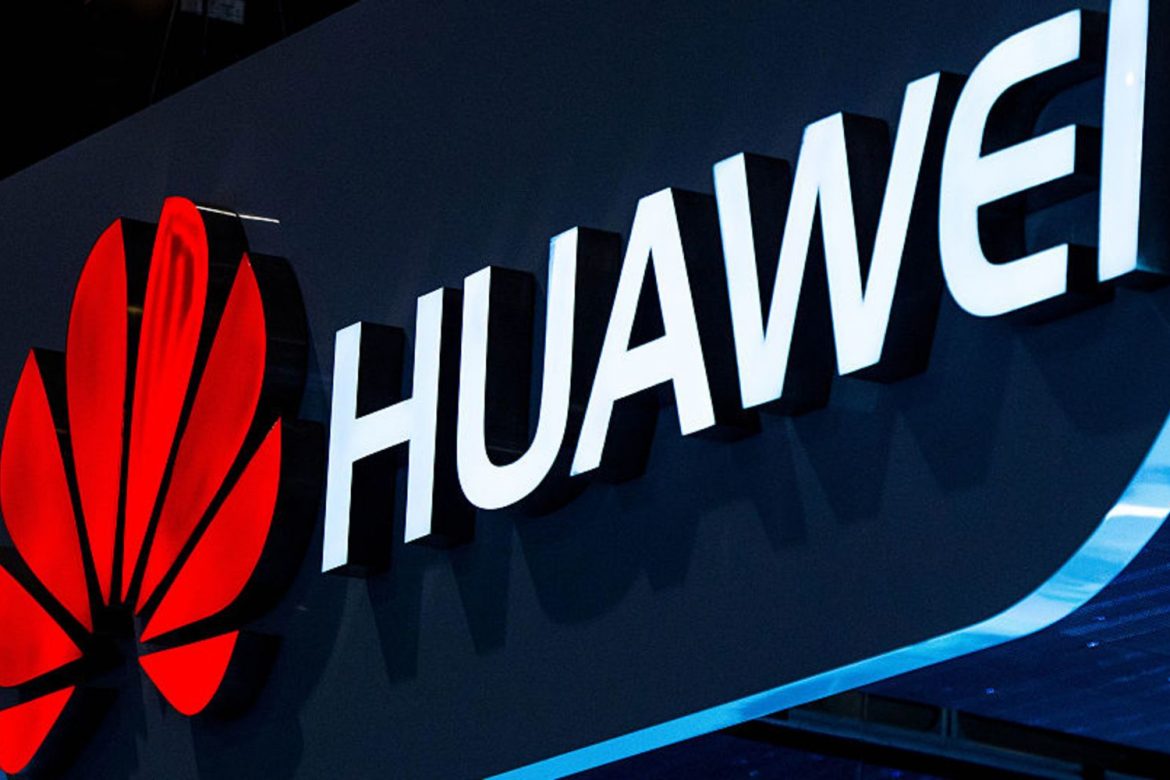Chinese telecom behemoth, Huawei Technologies company ignores law. Obviously, it was caught on multiple accidents of bribery, according to Voanews.com.
Nowadays, Huawei’s involvement in corrupt business dealings is real threat on national security. In Algeria the company was banned from bidding for public contracts because of its executive, who was convicted of bribery. Huawei probed over allegations of bribery in Zambia where it tried to involve an expensive contract with the goal to build cell towers in rural areas. In the Solomon Islands, it was caught on offering millions of dollars to the ruling party in exchange for an undersea fiber optic cable contract. And besides this, there was half a dozen others accuses in recent years.
Huawei is facing scrutiny from Western nations, it is prosecuted in allegations of intellectual property theft and espionage.
As it poses a national security threat, the U.S., Australia and New Zealand have banned the company from building new, state of the art 5G telecom networks. Other Western countries are debating over a similar ban.
Also, there is a suspicion that Huawei and other Chinese telecom equipment providers of tracking forbidden information. Last moth the U.S. prosecutors charged the company founded by a former People’s Liberation Army officer with violating U.S. sanctions on Iran, purloining trade secrets from T-Mobile and encouraging its employees to steal intellectual property.
The focus on national security concerns about Huawei has eclipsed a little reported aspect of the company’s operations: Huawei’s involvement in corrupt business dealings. The company has denied the allegations of corruption and said it has strong safeguards against corporate graft. In a statement on its website, Huawei says it has a “zero-tolerance” policy on graft.
In the last 12 years, Huawei and its smaller Chinese rival ZTE have been “investigated or found guilty of corruption” in as many as 21 countries, according to Andy Keiser, a former House Intelligence Committee professional staffer.
 info@anticorr.media
info@anticorr.media

